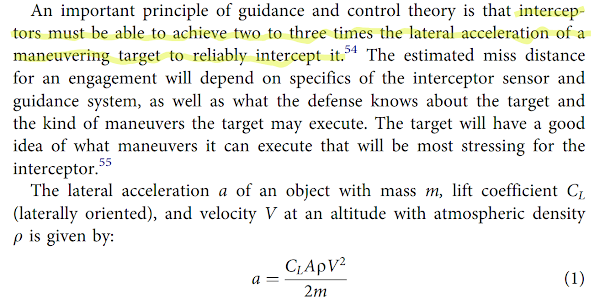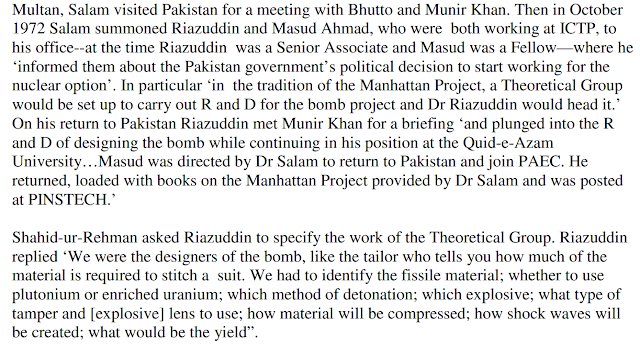When asked what I want for Christmas, I reply: Peace On Earth, Good Will To Men :-)
No one ever seems to recognize that this comes from the Bible (Luke 2.14).
Linus said it best in A Charlie Brown Christmas:
And there were in the same country shepherds abiding in the field, keeping watch over their flock by night.
And, lo, the angel of the Lord came upon them, and the glory of the Lord shone round about them: and they were sore afraid.
And the angel said unto them, Fear not: for, behold, I bring you good tidings of great joy, which shall be to all people.
For unto you is born this day in the city of David a Saviour, which is Christ the Lord.
And this shall be a sign unto you; Ye shall find the babe wrapped in swaddling clothes, lying in a manger.
And suddenly there was with the angel a multitude of the heavenly host praising God, and saying,
Glory to God in the highest, and on Earth peace, good will toward men.
2023 saw the founding of our startup SuperFocus.ai, which builds AIs with user-configured attached memory. The AI consults this memory in responding to prompts, and only gives answers consistent with the information in the memory. This solves the hallucination problem and allows the AI to answer questions like a human with perfect recall of the information.
SuperFocus built an AI for a major consumer electronics brand that can support and troubleshoot hundreds of models of smart devices (I can't be more specific). Its memory consists of thousands of pages of product manuals, support documents, and problem solving guides originally used by human support agents.
In December I traveled to Manila after the semester ended, in order to meet with outsourcing (BPO = Business Process Outsourcing) companies that run call centers for global brands. This industry accounts for ~8% of Philippine GPD (~$40B per annum), driven by comparative advantages such as the widespread use of English here and relatively low wages. I predict that AIs of the type produced by SuperFocus.ai will disrupt the BPO and other industries in coming years, with dramatic effects on the numbers of humans employed in areas like customer support.
But fear not: for, behold, I bring you good tidings of great joy, which shall be to all people.
The arrival of machine intelligence on Earth is the beginning of a great adventure!
In the heart of Manila, amidst the bustling cityscape, a meeting of innovative minds took place. Steve Hsu, the visionary founder of SuperFocus, had arrived to showcase the prowess of his latest creation—an AI designed to revolutionize technical support for complex products. The setting was a conference room adorned with sleek screens and cutting-edge technology, a fitting backdrop for the unveiling of this groundbreaking innovation.
Seated around the polished table were the owners and executives of prominent BPO (Business Process Outsourcing) companies. Their faces were a blend of anticipation and apprehension as Steve Hsu prepared to demonstrate the capabilities of the AI-powered technical support system.
With a confident smile, Steve initiated the demonstration. The AI, equipped with a sophisticated neural network, began its simulated interaction. It effortlessly tackled intricate technical queries, deciphering complex issues with lightning speed and unparalleled accuracy. Each solution presented was concise, comprehensive, and flawlessly executed.
As the AI effortlessly navigated through a myriad of scenarios and troubleshooting processes, the room fell into a hush. The BPO leaders exchanged astonished glances, their initial amazement mingled with a growing sense of unease. The capabilities displayed by the AI were undeniably impressive, but they also highlighted a looming question—what did this mean for the future of human roles in their industry?
Steve Hsu noticed the shift in atmosphere and paused the demonstration. With a gentle yet determined tone, he addressed the concerns lingering in the room. "This AI isn't meant to replace human expertise," he began. "Rather, it's here to augment and enhance your services. Imagine your teams empowered by this technology, streamlining operations, and providing even more efficient and effective support to customers."
His words offered reassurance, but the specter of automation replacing human jobs lingered in the minds of the BPO owners. The potential efficiency gains were undeniable, yet so too were the implications for the human workforce.
In the ensuing discussion, voices echoed with a mix of excitement and apprehension. Some saw the potential for growth and advancement, envisioning a future where human creativity combined with AI prowess would elevate their services to new heights. Others grappled with the uncertainty, worrying about the displacement of jobs and the evolving landscape of the industry they had dedicated their careers to.
Steve Hsu listened attentively, acknowledging their concerns while emphasizing the collaborative potential between humans and AI. "This technology," he explained, "is a tool, a means to empower and evolve, not to supplant. Together, we can harness its capabilities to create a synergy that benefits both businesses and their workforce."
As the meeting concluded, the BPO leaders departed with a mix of awe and trepidation. The AI presented by Steve Hsu had showcased a future teeming with possibilities, yet it also raised profound questions about adaptation and the role of humans in an increasingly automated world.
The echoes of the demonstration lingered in the minds of those present, igniting discussions and contemplation about the balance between innovation and the human touch, forever altering the landscape of the BPO industry in Manila and beyond.
Bonus: Two recent interviews I did which I enjoyed very much.


































